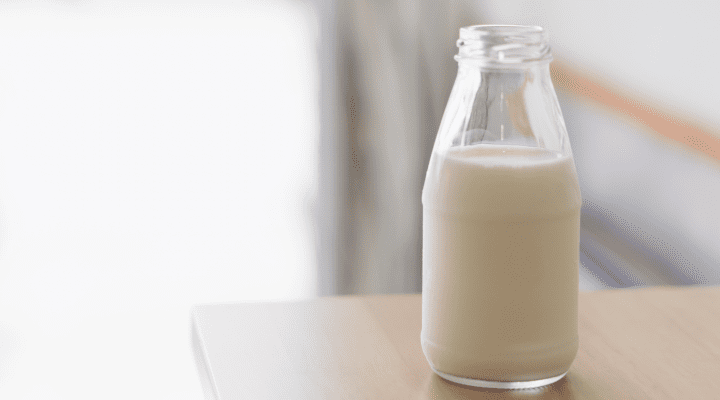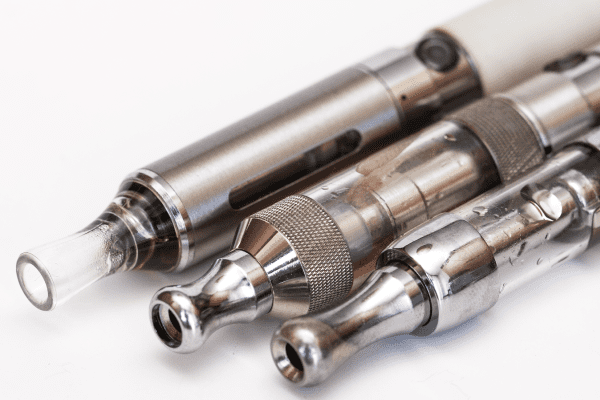Milk & Root Surface Cells | Saving a Knocked-Out Tooth

More than five million teeth are “avulsed,” or knocked out, from both adults and children each year. If you or your child plays sports with bodily contact (even accidental), the odds that there will be a lost tooth through force are higher. Make sure you know how to save a knocked-out tooth, and you have a chance to restore your smile.
A tooth can be knocked out anywhere and anytime, so brush up on what to do if you or someone close to you has a tooth knocked out. There are a few basic things to remember; not only can they save you money when a tooth is knocked out, they can also potentially help you keep the tooth. For example, did you know that you can save a knocked-out by putting it in milk?
Saving a Knocked-Out Tooth with Milk – Act Fast
The most critical factor to saving and preserving a tooth for reimplanting it successfully is time. In other words, get to the dentist or an emergency room as quickly as possible. The possibility of reimplantation diminishes rapidly after 30 minutes. If you can’t get to help that fast, the second-best thing that you can do is properly store the tooth.
First and foremost, keep it moist by whatever means possible. If you can, put the tooth back in the socket. Your next best option is to store your tooth in milk (not water). Use a small container or bag.
So, why do we recommend using milk to save a knocked-out tooth? When the cells from the tooth’s root surface come into contact with water, they tend to swell up. They can even burst. Milk provides the necessary proteins needed to maintain the proper pH balance, anti-bacterial properties, and sugars that keep these root cells growing. Storing your tooth in milk improves the chances of successful reimplantation at your dentist.
If milk isn’t available, storing the tooth inside your mouth is the next best option. Water is not the best or most effective option for preserving your tooth, but if it’s all that’s available, it’s better than holding it in your hand.
Time and location when you’re storing an avulsed tooth are most important to a successful reimplantation. Here are some other considerations that will help improve the chances of success:
- Hold the tooth by the crown – Always grab and hold the tooth by the crown, or the chewing surface. Do not touch the root of the tooth. This can help keep the roots of the tooth cleaner if it can be saved. Don’t wrap the tooth in a piece of cloth or napkin. This will dry out the tooth, and it would not be practical to put it back in the mouth.
- Rinse off the tooth – As mentioned before, this step may or may not be possible depending on where you are when the tooth is knocked out. If you do have access to clean water, a gentle rinse to remove dirt and debris is advised. Remember not to use any soap or cleaning products, and never scrub the tooth. A quick, gentle stream of water will do the trick.
Getting a tooth knocked out can happen anywhere, anytime. Take quick action and remember these basic steps. They will go a long way toward improving your chances of keeping the avulsed tooth clean, safe, and able to be reimplanted. This saves hassle and expense down the road.
To learn more about our dental benefits plans for you and your family, click here.
Related stories
-
How the Olympics are Making Athletes Champions of Oral Health
With the 2016 Rio de Janeiro Olympics right around the corner, athletes all over the world are … Read More
-
What E-Cigarettes Do to Your Tooth’s Surface
News around the harmful effects of e-cigarettes and “vaping” is growing. In addition to damaging the lungs … Read More
-
Benefits of a Basic Employee Wellness Program (B2B)
Employee health and wellness programs are gaining popularity with employers to help mitigate the stress of their … Read More
Sign Up Now
Most Liked
- 1 Do Expiration Dates on Dental Products Matter? 305 Likes
- 2 Is Activated Charcoal Safe for your Smile? 167 Likes
- 3 Crazy and Cool Fish Teeth Facts 92 Likes
- 4 What Are Tonsil Stones? 81 Likes
- 5 Delta Dental Protects Your Eyes with DeltaVision® Coverage 74 Likes
- 6 The In-between Tooth: Guide to Bicuspids 53 Likes
- 7 Recipe: Quick Pumpkin Pudding 49 Likes
- 8 Bad Taste After Brushing? Common Explanations 44 Likes
- 9 People with Dental Benefits are Healthier 40 Likes
- 10 Own Your Oral Health: Subscribe now for tips to ensure a bright smile 39 Likes




